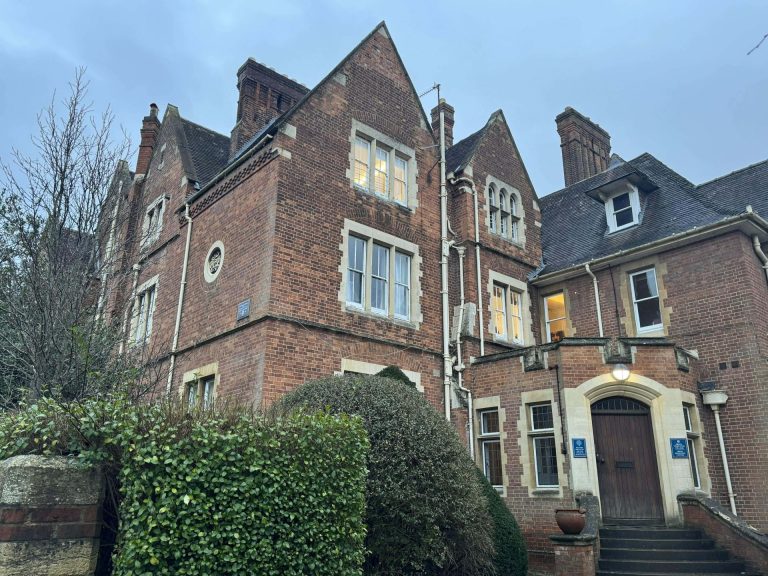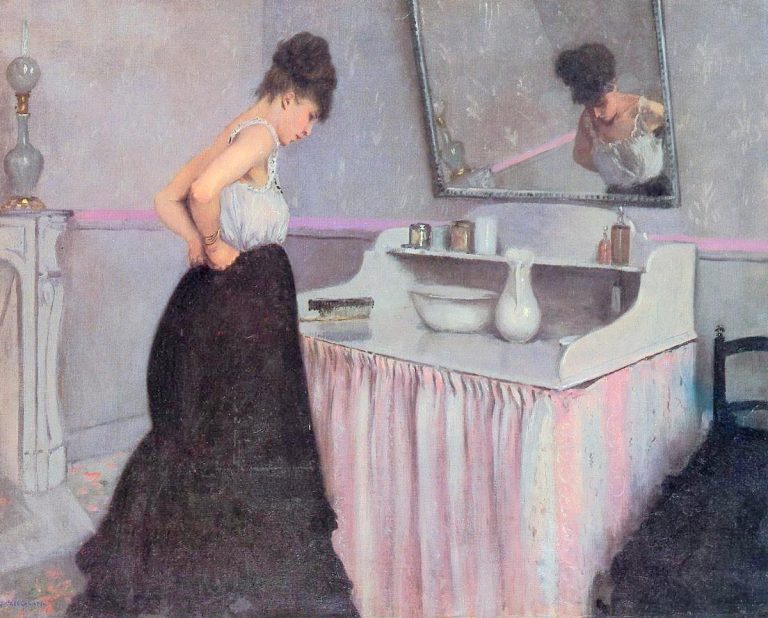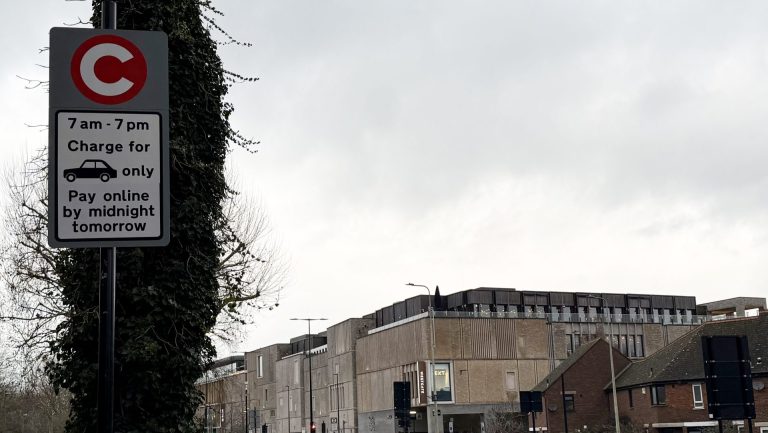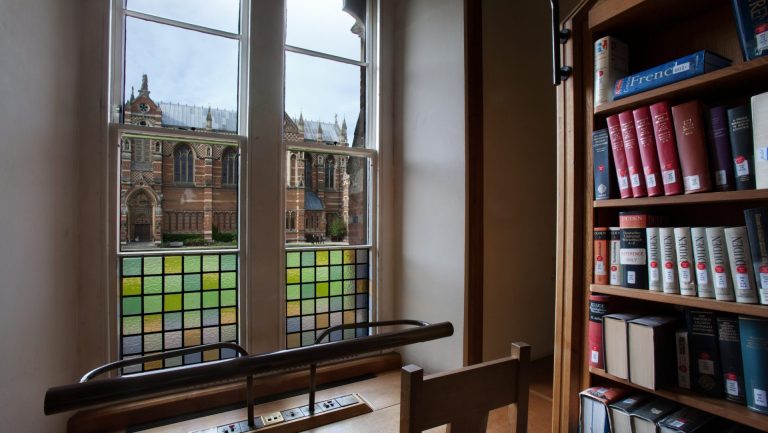As Michaelmas drew to a close, a dramatic conversation about Zohran Mamdani, the new mayor of New York City, finding his partner on a dating app prompted my friend and I to try a dating app for the first time in the UK. It wasn’t that we weren’t familiar with the app and its workings in our home country, but this time we simply wanted to explore the demography! It goes without saying that the outcomes were not satisfactory. They are dating apps for a reason, and one cannot really rely on the prospects of finding London’s next mayor just yet.
Still, what began as a light-hearted swipe soon took on the shape of an experiment. The aim was to make it the most non-academic experiment compared to Oxford standards. As we went about playing the left-right game that night – sprawled across our CCR sofas, just two teetotallers checking out people (and not books), half-amused and half-delusional – we soon lost hope and decided to pause. I didn’t find a suitable match, but this delusion did turn into an experiment: that is how I came across the bio’s obsession with Oxford. And this wasn’t just true for dating app bios, but, surprisingly, even social media bios.
In those few lines qualifying their life status, people refused to name their university; just writing ‘Oxford’ was enough. For instance, my friend came across a profile that announced “Graduated from Oxford” while their LinkedIn quietly named a university in Loughborough.One even went so far as to claim they worked in an MNC in Oxford – perhaps proximity to the University alone was considered good enough.. And since Oxford Brookes was considered too plain, just mentioning Oxford gave all the cues. This is the die-hard obsession with Oxford.
As an international graduate fresher this year, I realised that Oxford is known far better as the home of the University of Oxford than as a historic town in its own right: one with a rich landscape, another university sharing a similar name, and a population that extends well beyond academia. These aspects are acknowledged, but often only secondarily. The obsession with Oxford is often more about belonging than the location itself.
As a student I can very well comprehend this obsession, but as a writer and researcher, I have to first ask some deeper questions: why the obsession? What kind of legitimacy or desirability does ‘Oxford’ signal on dating apps or social media? Is this a form of cultural capital being implicitly traded in bios and profiles? It seems we really are living in an age where people choose to validate their personality based on an academic institution. If I were asked to break down this mentality, what would it imply? That I’m a potential date because I’m officially a product of Oxford, specifically the University of Oxford, and hence I’m more credible than others?
I’m sure this isn’t unique to Oxford. Harvard, Yale, and Cambridge are all similar shorthands for ambition, wit, and success. But Oxford carries additional weight in the UK context, where it conveys not just academic achievement but also social arrival. It is the university of twenty-eight British Prime Ministers, of Stephen Hawking and Malala Yousafzadeh, of Brideshead Revisited and Inspector Morse. So, when someone writes ‘Oxford’ in their bio, they’re not just stating a fact but invoking an entire mythology. What makes dating apps particularly revealing is their economy of attention. You have seconds to sell value before someone swipes left. In that compressed space, ‘Oxford’ really does extraordinary work.
I’ll admit: I wrestled with this myself. Should I put ‘Oxford’ in my bio? Would it feel like grandstanding, or would omitting it seem like false modesty? In the end, I left it vague. But I realised that when matches discovered I was at Oxford through conversation, the dynamic often shifted. Messages became more frequent, and questions became more intriguing. I hadn’t imagined myself to be more interesting than I had been five minutes earlier, but the institutional halo made me seem so. Half-conceding, I realised the obsession was real.
Let me give a cultural context. If, in the UK, Oxford signals both proximity and exclusion by shaping access to networks, traditions, and forms of cultural belonging, then for international students like myself, the dynamic becomes even more layered. Back home, Oxford often functions as a shorthand for upward mobility and success abroad. On dating apps it is seen as a golden ticket to certain social circles, a source of familial prestige. In short, the hesitation remains the same: whether I am on a dating app back home or here in the UK, putting ‘Oxford’ in my bio feels equally fraught.
Whether you’re reading this as someone who belongs to the institution or the location itself, here’s something dating apps won’t tell you: Oxford students are just as messy, insecure and vulnerable as anyone else. We procrastinate, we suffer from imposter syndrome, we can’t keep calm about exams, we often resort to eating meal deal sandwiches. The institution is extraordinary; its inhabitants are just as human. The tragedy of the Oxford bio-obsession is that it trades on a myth that even insiders know runs on a trade-off: the institution creates quick desirability, but it also flattens people into a credential, often obscuring the messiness, pressure, insecurity, and ordinariness.
Perhaps the real experiment was to see just how deep the bio’s obsession can go on a superficial dating app. The theory is largely subjective but totally original according to Oxford standards! (Spoiler: I’d still prefer old school, blind date, chance encounters!)










